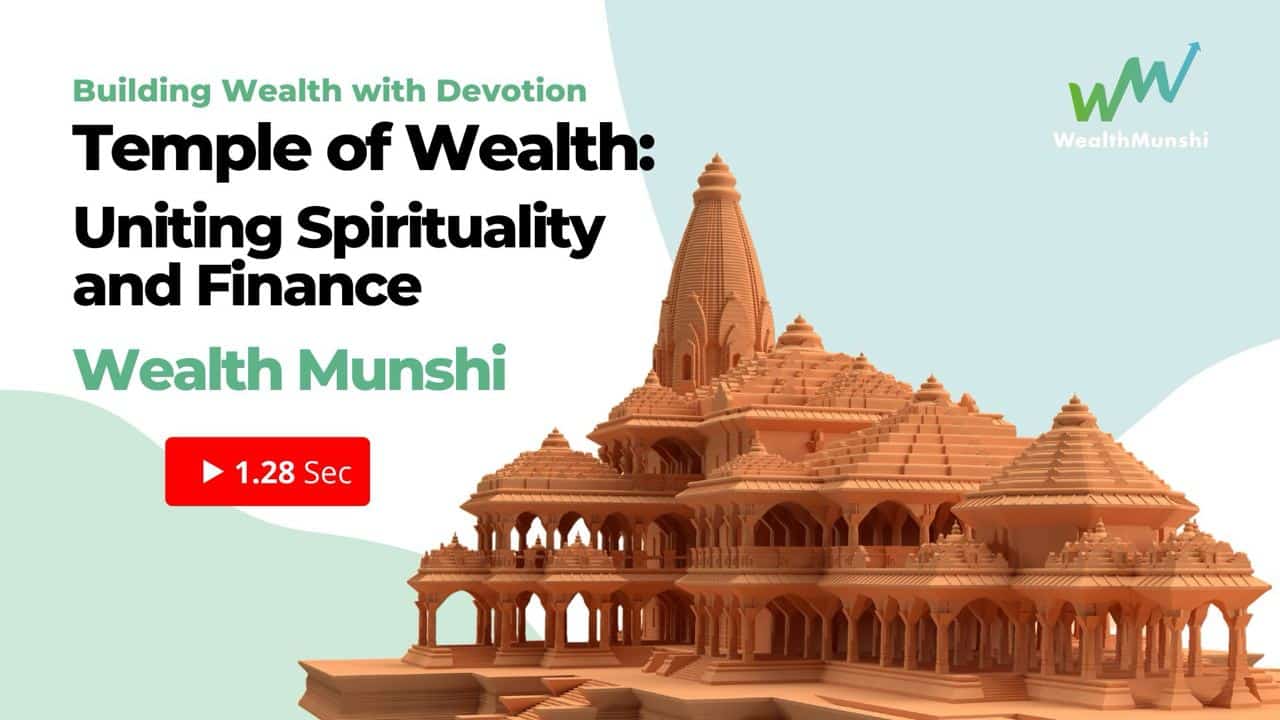In an era dominated by divisions and absolutes, the Bahá’í teachings emerge as a revolutionary tapestry of inclusivity, weaving together the disparate threads of spirituality and religion into a cohesive whole. The metaphor of a vibrant mosaic can aptly capture this essence; each piece, regardless of its unique texture or hue, contributes to a breathtaking panorama. This framework invites individuals from various backgrounds to seek a deeper understanding and engagement with their spiritual nature while recognizing the validity of diverse religious expressions.
The foundational principle of the Bahá’í Faith rests upon the belief in the essential unity of all religions. This tenet posits that while religious doctrines may differ in practices and interpretations, the underlying teachings resonate with a singular truth: the guidance and revelation of a divine source throughout human history has consistently aimed to cultivate the moral and spiritual evolution of humanity. This notion reverberates with the profound wisdom of the ancients, fostering a renewed perspective that transcends the dogmas frequently associated with organized religion. The Bahá’í Faith serves as a reminder that human beings are not isolated entities but interconnected fragments of a greater whole.
The teachings articulate a vital synergy between spirituality and religion, urging adherents to cultivate an active and conscious relationship with the divine. Spirituality, often perceived as an ethereal endeavor, is redefined through a Bahá’í lens as an ingrained component of human existence that can be expressed through tangible actions and community-oriented service. Rather than retreating into solitude, spirituality is encouraged to manifest as an empathy-fueled engagement with the world, prompting a cascade of benevolence and transformative action.
In this context, the concept of ‘service’ becomes not merely a function of duty but an elevation of spiritual practice itself. Individuals are encouraged to view their vocations and daily interactions as opportunities to exemplify divine attributes such as kindness, patience, and humility. This transformation reframes the mundane into the sacred, suggesting that even the most ordinary tasks can be conduits for spiritual elevation. In essence, through this paradigm, every act of service illuminates one’s spiritual journey, thus uniting spirituality with religion’s ethical imperatives.
The Bahá’í teachings further assert that personal spiritual development is intricately linked to the collective advancement of society. This notion embodies the concept of ‘the oneness of humanity,’ which metaphysically represents that all individuals are threads in a grand cosmic tapestry. The harmonious interplay of individual and societal progress is emphasized with an acute awareness of collective responsibility. This perspective fosters an environment that sees beyond the superficial demarcations of nationality, race, or creed, allowing individuals to envision themselves as integral players within the broader narrative of civilization.
The implications of such a worldview extend to areas of governance, economics, and education—essential components for societal advancement. The Bahá’í teachings advocate for a systems approach that integrates spiritual principles into the fabric of governance, thereby ensuring that the latent potential within communities is unlocked through ethical frameworks. The depiction of governance as a garden, cultivated through principles of equity and compassion, illustrates this vision. Just as a garden thrives through nurturing and mutual care, so too can societies flourish when administered with equity, justice, and social responsibility.
Economically, the Bahá’í view promotes a detachment from materialism while advocating for a balanced approach to wealth creation that prioritizes the common good. This elusive balance is akin to conducting a musical symphony where individual contributions harmonize to create a collectively resounding melody. In this symphony of life, each individual’s talents and resources play an essential role, thus promoting abundance through a spirit of cooperation and collective success. The teachings clarify that wealth, when responsibly managed and ethically distributed, can serve as a tool for uplifting other members of society, facilitating a holistic approach to economic development.
Education, too, is a significant tenet within the Bahá’í framework. It is considered a precursor to both personal empowerment and social transformation. By prioritizing moral education alongside academic learning, the Bahá’í teachings paint a visionary portrait of future generations whose development will be marked by compassion, critical thought, and an unwavering commitment to justice. The metaphor of a garden can again be employed; just as seeds require nurturing to unfurl their potential, so too do young minds need a holistic education that fosters intellectual, spiritual, and ethical growth.
In the journey towards uniting spirituality and religion, the Bahá’í teachings invite individuals to acknowledge and embrace their shared human heritage. It proclaims that the spiritual quests of individuals are enriched through understanding and cooperation rather than strife and discord. This call to unity is not simply an ethereal aspiration; it is an actionable vision challenging adherents to transcend their limitations and expand their horizons. The teachings encourage a kaleidoscopic view of faith, urging followers to perceive the vast spectrum of spiritual expression as a divine tapestry rather than a fragmented mosaic.
In conclusion, the Bahá’í teachings illuminate a new way forward, merging the ethereal realms of spirituality with the grounded realities of religion. Through an appreciation of shared truths, the ethical imperatives of service, and the pursuit of collective advancement, they beckon humanity toward an expansive horizon of hope and unity. As individuals embark on this transformative journey, the symphony of a well-cultivated garden resounds, highlighting that the future of humanity lies in our collective hands—a hands ripe for nurturing, healing, and flourishing together.
